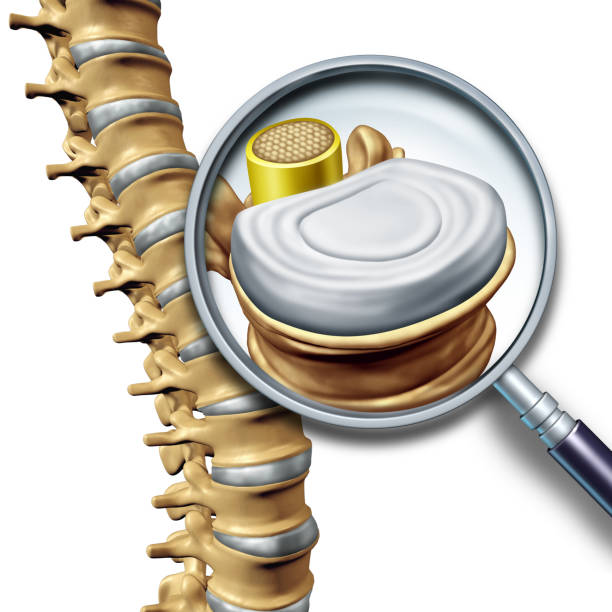A Simple Self-Help Guide To CES

If you're experiencing discomfort, weakness, or numbness in your bladder or legs You could be suffering from cauda equina claims. This is a serious illness which can cause permanent damage, including paralysis.
The disorder is a problem with the cauda Equina the nerve root that is situated in the lower back. The condition could be caused by a herniated disc an infection, tumor, or other issues.
Signs
Lower backs contain nerves known as the cauda equina (which refers to "horse's tail" in Latin). These nerves regulate sensation and movement of the pelvic, bladder and lower legs.
They transmit messages to the brain concerning the temperature, pain and vibration. When nerves are badly compressed, they can no longer function properly.
If the pressure isn't treated quickly, CES can lead to permanent damage in the legs and pelvis, such as loss of bowel or bladder function and sexual dysfunction.
First, consult your physician. The doctor will take your medical history into consideration, perform an exam of the body, and order multiple diagnostic tests.
Diagnosis
The cauda Equina, Latin meaning horse's tail is a set of nerve roots that are located in the spinal cord's base. These nerves relay messages to your legs, feet and pelvic organs. They help to move and feel the sensations throughout your lower body.
The nerves could become compressed and cause problems in your bladder, bowels, or legs. These signs indicate serious illnesses known as cauda equina solicitors.
A doctor will determine CES based on the symptoms you have and also physical examination. Rectal examinations can be conducted to check your abdominal muscles and examine how you feel when you're passing urine.
If you suspect that you be suffering from CES, you should immediately go to an emergency department or hospital. Early diagnosis and treatment can stop permanent damage, such as paralysis from occurring.
Treatment
Treatment that relieves pressure and allows nerves to heal is usually the best treatment for the cauda-equina condition. However, if not treated, it could cause permanent damage, including paralysis.
The procedure of spinal decompression is the most popular treatment for cauda-equina disorder. It relieves pressure on the spine and opens up space for the nerves. In this procedure, your neurosurgeon will make an incision in your back at the site of compression. This will allow them to find and remove herniated discs bone fragments or tumors that might be pressing on nerve roots.
There are medications that can be utilized to lessen pain and inflammation, and if the pressure is caused by a tumor your neurosurgeon will prescribe radiation and chemotherapy. In this period you'll have to check in with your doctor on a regular basis to ensure the condition does not worsen.
Prevention
Avoiding straining your spine and back in ways that can lead to a herniated disk is the best way to prevent cauda-equina syndrome. That includes the ability to bend your knees and lift appropriately when lifting weighty objects or performing work that requires you bend at the waist.
A herniated disc happens when the gel-like core of a spinal disc expands through a weak region of the disc. Most often, this happens in the lower lumbar spine (L4 or L5-S1).
In certain cases herniated discs can press against the cauda equina and cause symptoms such as weakening, numbness and loss of bladder or bowel function. The symptoms can be grave, and it is vital to seek immediate treatment if you are experiencing them.
A surgical procedure early on can help stop the pressure on nerve roots creating these symptoms. It could also increase the likelihood of regaining bladder and bowel function.